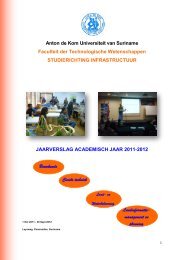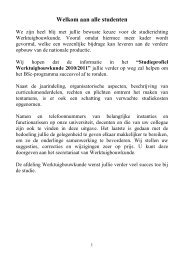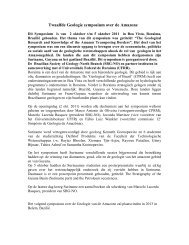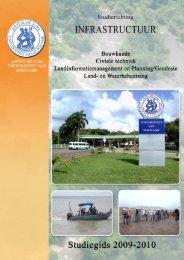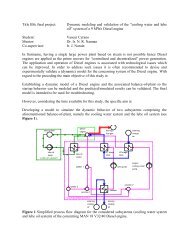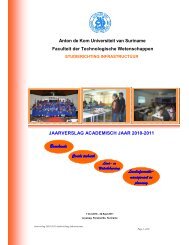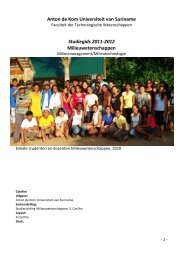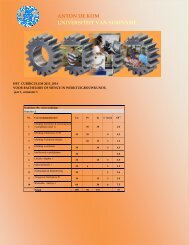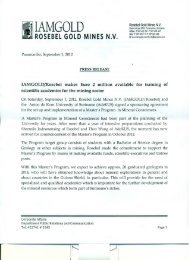Social Media:
Social Media:
Social Media:
Create successful ePaper yourself
Turn your PDF publications into a flip-book with our unique Google optimized e-Paper software.
<strong>Social</strong> media:<br />
A guide for researchers<br />
Criticisms of social media<br />
Not everyone is positive about social media and it is important to consider some of the main criticisms.<br />
Some of the criticisms are made by researchers and academics who fear that the quality of public and<br />
academic discussion and debate is being undermined. Susan Greenfield said:<br />
"For me, this is almost as important as climate change. Whilst of course it doesn’t threaten the existence<br />
of the planet like climate change, I think the quality of our existence is threatened – and the kind of<br />
people we might be in the future." 2<br />
Andrew Keen (2007) and Nicholas Carr (2010) have produced book-length critiques of social media and<br />
the ubiquitous use of the Internet, claiming that they are potentially damaging to our thinking, our<br />
culture and our society in general. Such claims have been challenged, but the idea that social media are<br />
likely to change both individuals and society is one also made by enthusiasts for these technologies.<br />
Broadly speaking, concerns are focused on:<br />
• Growth of technology – some people feel that the encroachment of technology into every aspect of<br />
life has potentially damaging implications.<br />
• Privacy – social media are built on a culture of active personal and professional disclosure. There<br />
are concerns about how this is changing the interface between public and private spaces, and<br />
about misuse of our data. For researchers, putting your professional life online can feel exposing,<br />
particularly if you express opinions and ideas that have not been subject to the normal process of<br />
peer review.<br />
• Banality – many social media tools are based on the exchange of many small bits of information<br />
such as status updates or the sharing of links. These short-form individual contributions have led<br />
to the charge that social media are trivial in nature and suitable only for entertainment rather than<br />
professional research.<br />
• Peripherality – many researchers stress that social media are still peripheral in research, and this<br />
leads some to argue that it is therefore not worth engaging.<br />
• Loss of an authoritative perspective – traditional publishing aims to provide a filter for quality<br />
whereas social media allow everyone to publish anything that they have to say. This inevitably<br />
means that it is more difficult to identify which contributions are valuable or authoritative.<br />
• Information overload – social media have dramatically increased the amount of publicly-available<br />
information: 24 hours of video are added to YouTube each minute. 3<br />
• Work/life balance – social media has the potential to extend your working day and blur the<br />
distinction between work and other aspects of your life. Researchers may need to think carefully<br />
about boundaries, particularly if they are using mobile devices.<br />
2. http://www.dailymail.co.uk/sciencetech/article-1318772/Are-Facebook-Twitter-obsession-Then-life-offline--52-minutes.html<br />
3. The Official YouTube Blog, 17th March 2010<br />
http://youtube-global.blogspot.com/2010/03/oops-pow-surprise24-hours-of-video-all.html<br />
11



